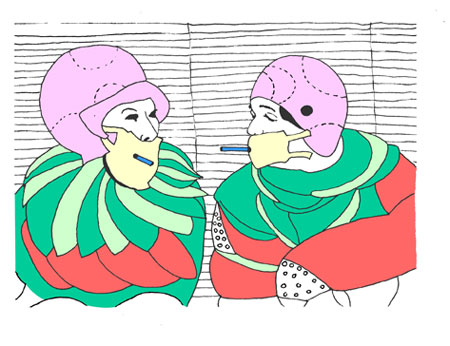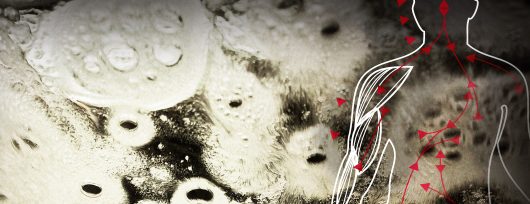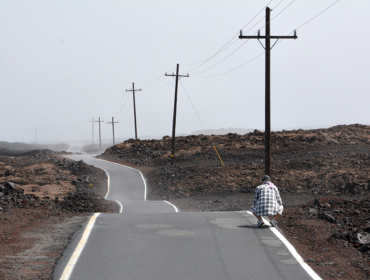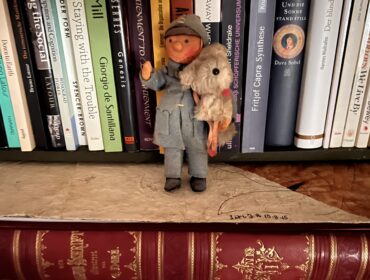Recently, I had a comment on my facebook site where I cited a study by David Nieman that regular sessions of endurance training increasing 90 minutes may hamper your immune capacity. This was doubted, therefore I looked for more scientific evidence. Here I quote famous Michael Gleeson who plublished a whole book on “immune function in sport and exercise”.

In summary he says, that acute bouts of exercise cause a temporary depression of various aspects of immune function. Disturbances of immunity last until 3 to 24 after exercise depending on the intensity and duration of the exercise bout. Postexercise immune function depression is most pronounced when the exercise is continuous, prolonged (>1.5 h), of moderate to high intensity (55–75% maximum O2 uptake), and performed without food intake.
Periods of intensified training (overreaching) lasting one week or more can result in longer lasting immune dysfunction. Although elite athletes are not clinically immune deficient (parameters are within a normal range!), it is possible that the combined effects of minute changes in several immune parameters may compromise resistance to common minor illnesses such as upper respiratory tract infections. Protracted immune depression linked with prolonged training may determine susceptibility to infection, particularly at times of major competitions.
This is obviously a concern because of the potential impact of an infectious episode on exercise performance. It is not really a concern for us “normal” people, because we don’t need to train so much that our immune system undergoes these subtle changes that may lead to sicknesses. We can afford to stay in a zone of training and physical exercise where the health benefits of exercise prevail, that may well be proven to be due, in large part, to its anti-inflammatory effects (remark from me: biestmilch/colostrum has got anti-inflammtory effects).
Hundreds of studies have now been conducted that confirm both acute and chronic effects of exercise on the immune system, yet there are still very few studies that have been able to show a direct link between exercise-induced immune depression and increased incidence of confirmed illness in athletes. This is an important issue that needs to be addressed in future studies, although it must be recognized that this is a difficult task. Even among the general population, we do not know the impact of small changes in specific immune parameters on risk of infection. Most clinical studies have only been concerned with the risk of life-threatening illness in immunodeficient patients, not with the risks of picking up common infections such as colds and flu.
Michael Gleeson: Immune function in sport and exercise, J Appl Physiol 103: 693-699, 2007. First published February 15, 2007; doi:10.1152/japplphysiol.00008.2007
Michael Gleeson, School of Sport and Exercise Sciences, Loughborough University, Loughborough, United Kingdom;




